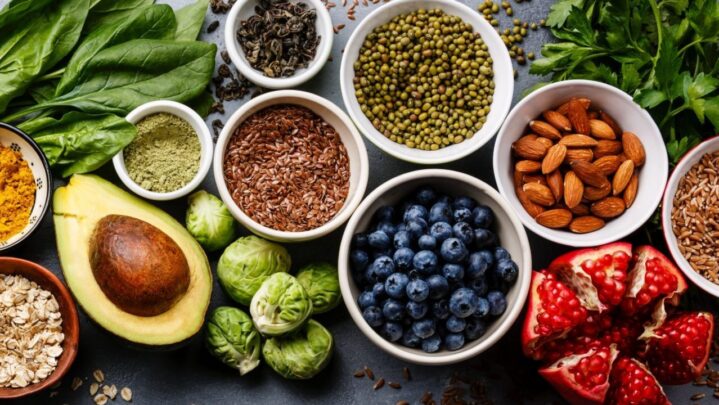While we enjoy the cool, breezy weather, our metabolism slows when the temperature drops in order to conserve energy and stay warm. During this weather, we feel drowsy and indolent. To avoid getting sick this winter, it’s critical to adopt dietary and lifestyle modifications. To avoid getting sick in the winter, keep yourself warm and maintain a healthy lifestyle.
Here are 3 superfoods that you can consume during winters
1. Makai
Makai, also known as corn, is a nutritious millet that should be included in your winter diet. Cornmeal, often known as makai atta, is a gluten-free alternative to wheat flour. During the winter, eating makki roti is good because it includes B-complex vitamins, which can help keep sluggishness at bay.
It’s also beneficial to your skin, hair, heart, brain, and digestive system. Vitamin A, C, K, beta-carotene, and selenium are all abundant in Makki roti. All of these nutrients can help the thyroid gland function better and preserve immunity.
2. Ghee and jaggery
Clearing sinuses and preventing colds can be achieved by combining jaggery or gur with ghee. Jaggery can enhance your immunity while also keeping your body warm. It can aid with coughs and colds, as well as keeping body temperature in check.
Ghee, on the other hand, can help you avoid constipation, smooth your digestion, increase your energy, and cure a stuffy nose caused by a cold or cough.
3. Sesame seeds
In India, sesame seeds are an inseparable part of the winter. The benefits of including til or sesame seeds in your diet are numerous, ranging from stimulating hair growth to anti-aging properties. They are beneficial to your eyes, skin, and bones.
4. Bajra
Bajra, a type of millet, is high in minerals and fiber. Eat bajra rotis in the winter to help prevent joint pain. Bajra is a magnesium-rich grain that may benefit your heart health.
It contains potassium, which dilates blood vessels and allows blood to flow more freely, which is beneficial for people with high blood pressure. Bajra, which is high in fiber, can also help to regulate cholesterol levels





